In vitro fertilization (IVF) is a medical procedure used to help couples with fertility problems to conceive a child. During IVF, eggs are retrieved from the woman's ovaries and fertilized with sperm in a laboratory dish. The fertilized eggs, or embryos, are then transferred to the woman's uterus where they can implant and develop into a baby.
IVF diagnosis is an important part of the IVF process. It involves a series of tests and procedures to determine the cause of infertility and to assess the quality of the eggs and sperm. The results of these tests help doctors to determine the best course of treatment for the couple.
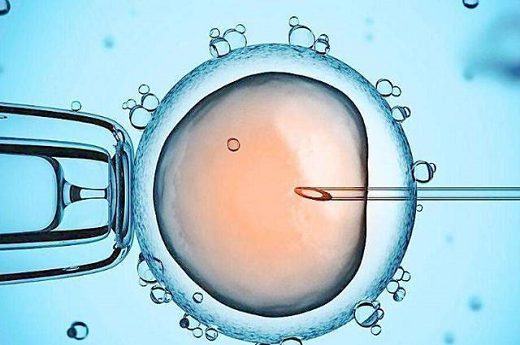
1. Medical History and Physical Exam: The first step in IVF diagnosis is a medical history and physical exam. The doctor will ask questions about the couple's medical history, including any previous pregnancies, surgeries, or medical conditions. They will also perform a physical exam to assess the woman's reproductive organs.
2. Hormone Testing: The doctor will perform blood tests to measure hormone levels, including follicle-stimulating hormone (FSH), luteinizing hormone (LH), estrogen, and progesterone. These hormones play a key role in the menstrual cycle and egg production.
3. Ovarian Reserve Testing: Ovarian reserve testing is used to assess the quantity and quality of a woman's eggs. This may include an ultrasound to count the number of follicles in the ovaries and a blood test to measure the level of anti-Mullerian hormone (AMH).
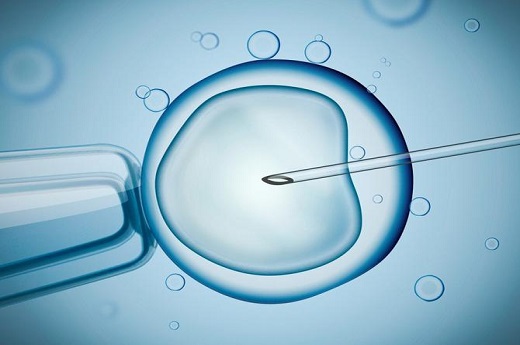
4. Semen Analysis: A semen analysis is performed to assess the quality and quantity of the man's sperm. This involves collecting a semen sample and analyzing it in a laboratory.
5. Genetic Testing: If there is a history of genetic disorders in the family, genetic testing may be recommended. This involves testing the couple's DNA for genetic mutations that could be passed on to their child.
6. Mock Embryo Transfer: A mock embryo transfer is performed to determine the best way to transfer the embryos to the woman's uterus. This involves inserting a catheter into the uterus to simulate the embryo transfer procedure.
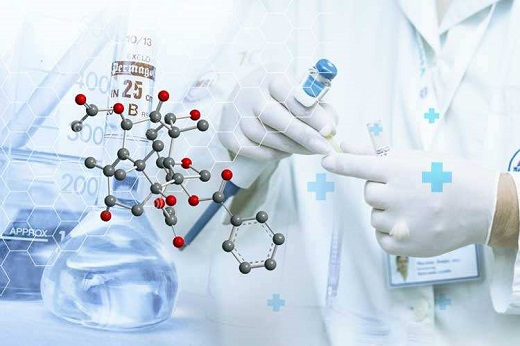
7. Endometrial Biopsy: An endometrial biopsy may be performed to assess the lining of the woman's uterus. This involves taking a small sample of tissue from the lining of the uterus and analyzing it in a laboratory.
IVF diagnosis is important because it helps doctors to determine the cause of infertility and to assess the quality of the eggs and sperm. This information is used to develop a personalized treatment plan for the couple.
For example, if the woman has a low ovarian reserve, the doctor may recommend using donor eggs or performing multiple IVF cycles to increase the chances of success. If the man has a low sperm count or poor sperm motility, the doctor may recommend using intracytoplasmic sperm injection (ICSI) to fertilize the eggs.
IVF diagnosis can also help to identify genetic disorders that could be passed on to the child. If a genetic disorder is identified, the couple may choose to use preimplantation genetic testing (PGT) to screen the embryos before they are transferred to the uterus.
IVF diagnosis is a critical part of the IVF process. It involves a series of tests and procedures to determine the cause of infertility and to assess the quality of the eggs and sperm. The results of these tests help doctors to develop a personalized treatment plan for the couple and to increase the chances of a successful pregnancy.
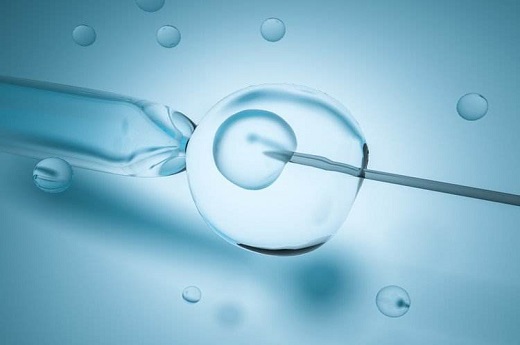
试管婴儿入体后检查 试管婴儿是指通过体外受精技术(IVF)将受精卵移植到母体子宫内发育的婴儿。这种生殖技术已经成为许多不孕不育夫妇实现生育梦想的重要方法。在试管婴儿移植后,需要进行一系列的检查来确保妊娠的顺利进行和胚胎的健康发育。 1. 血液检查 血液检查是试管婴
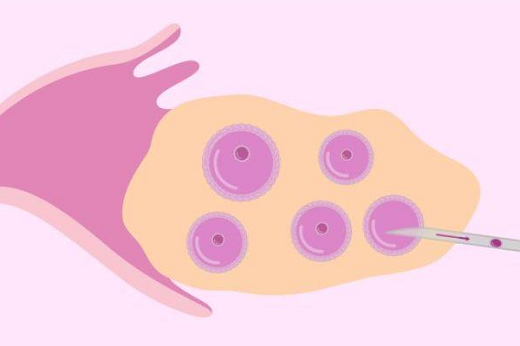
试管婴儿是一种辅助生殖技术,通过在实验室中将卵子和jz结合,然后将受精卵移植到女性子宫中,帮助那些无法自然怀孕的夫妇实现生育梦想。由于试管婴儿涉及到人类生殖和生命的重大问题,因此试管婴儿机构需要具备一定的资格证书,以确保操作的安全性和合法性。 医疗许可证 试管
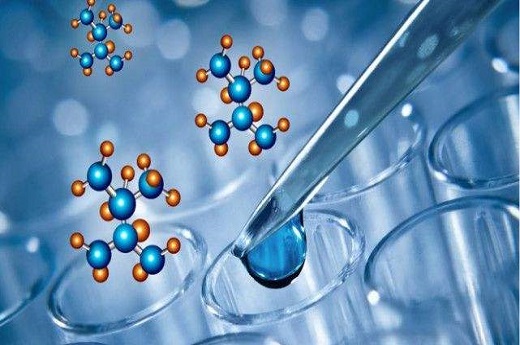
试管婴儿:一项现代生育技术 试管婴儿是一种通过体外受精技术(IVF)辅助生育的方法,被广泛应用于那些无法自然受孕的夫妇。这项技术的发展给许多不孕不育的夫妇带来了希望,但同时也引发了一些争议。下面我们将详细介绍试管婴儿的过程和费用。 试管婴儿的过程 试管婴儿的过程可以
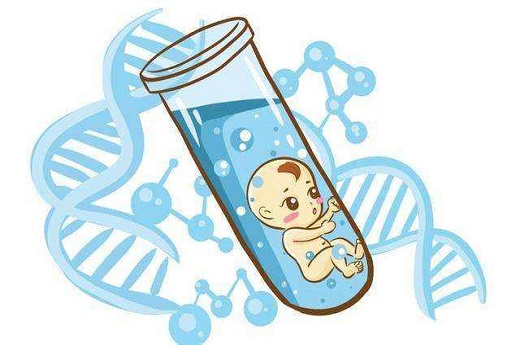
试管婴儿后吃什么着床好 试管婴儿是一种辅助生殖技术,通过体外受精和胚胎移植的方式帮助不孕不育夫妇实现生育梦想。在试管婴儿后,为了提高胚胎着床的成功率,合理的饮食是非常重要的。本文将为您详细介绍试管婴儿后应该吃什么来促进胚胎着床。 1. 均衡营养 试管婴儿后,饮食
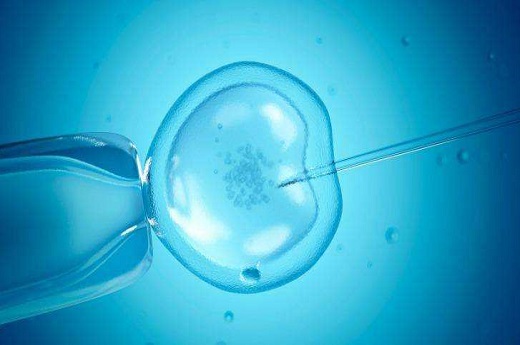
试管婴儿技术是一项伟大的科学成果,使得许多不孕不育夫妇能够实现生育梦想。第二代试管婴儿也存在一些缺点,需要我们认真思考和面对。 第二代试管婴儿技术的成功率仍然较低。尽管技术不断进步,但妊娠成功率仍然只有30%至40%左右,这意味着大多数夫妇需要经历多次尝试才能成

试管婴儿后的禁忌 试管婴儿是一种辅助生殖技术,旨在帮助那些无法自然受孕的夫妇实现生育愿望。虽然试管婴儿技术在医学上非常先进,但在进行试管婴儿后,仍然有一些禁忌需要遵守,以确保患者的健康和成功的妊娠。 1. 吸烟和酗酒 吸烟和酗酒对试管婴儿的成功率和妊娠的健康都有
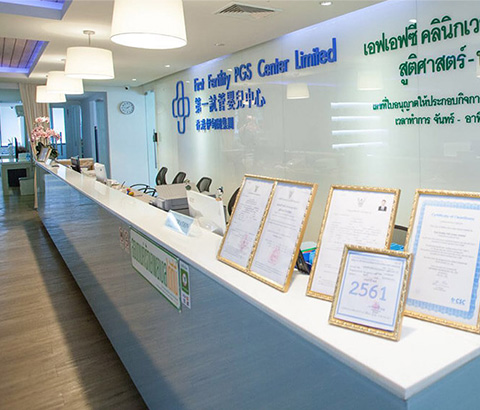
泰国第一试管婴儿中心位于曼谷市中心四季酒店附近,占地1500平方米,是曼谷大型的泰国试管婴儿医院专科诊所之...
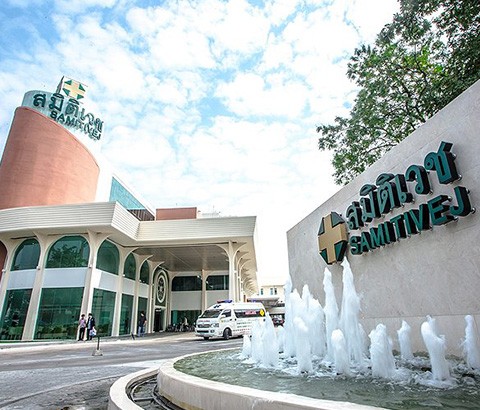
泰国三美泰医院成立于1979年,是泰国同行业中出于领先地位的私立医院集团。其中的总院三美泰素逸坤医院,位于...

泰国威它尼医院是一所在泰国领军的泰国试管婴儿医院,同时面向本地和国际病患。自1994年成立以来,一直提供更...

泰国康民国际医院,泰国试管婴儿医院创立于1980年,2002年首获全亚洲第一个JCI国际医疗认证。位于泰国曼谷的核...